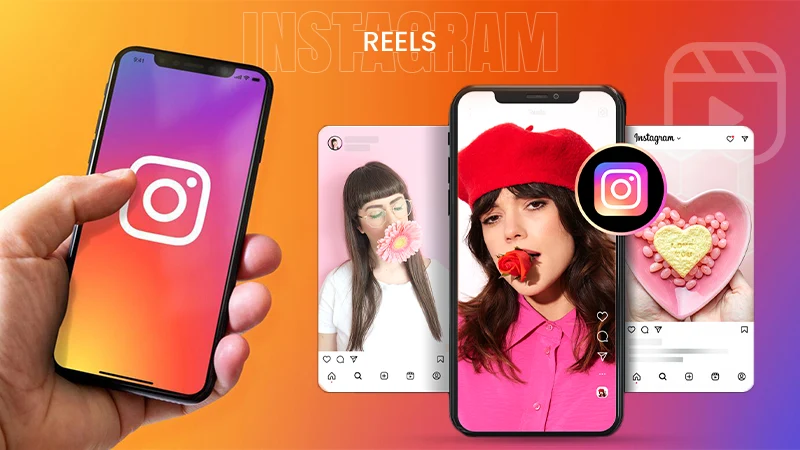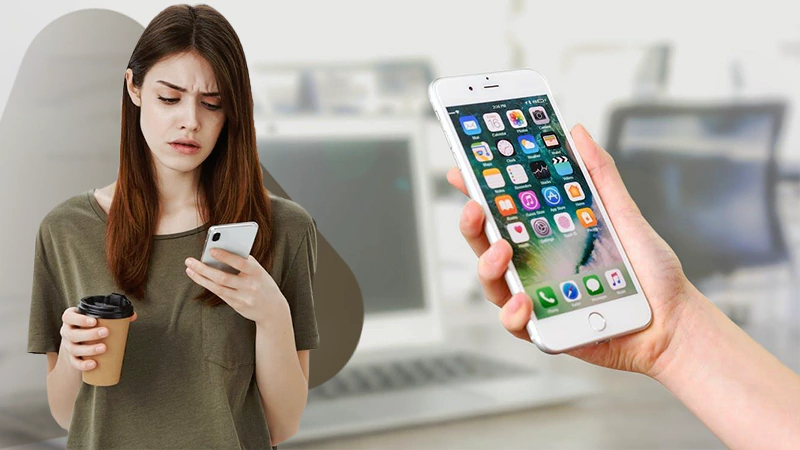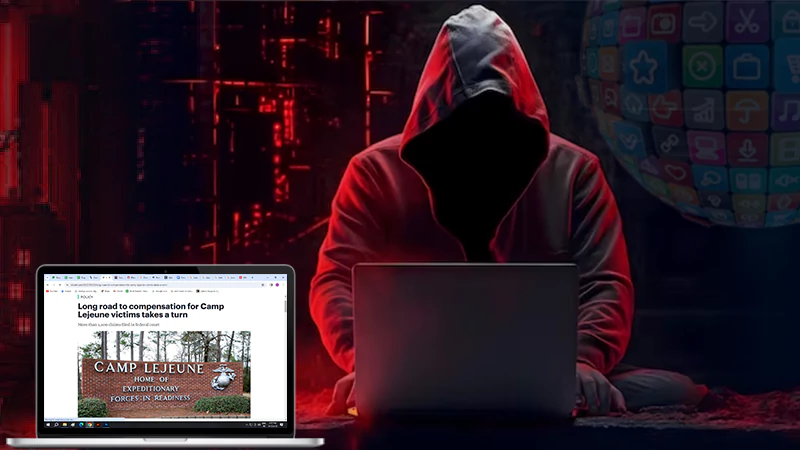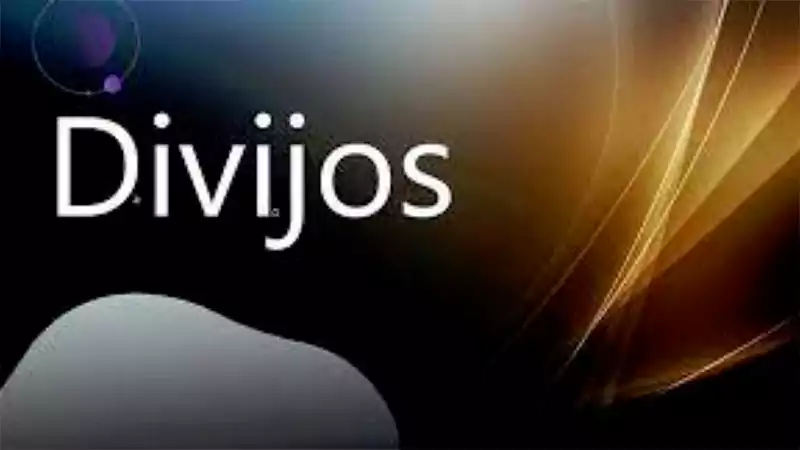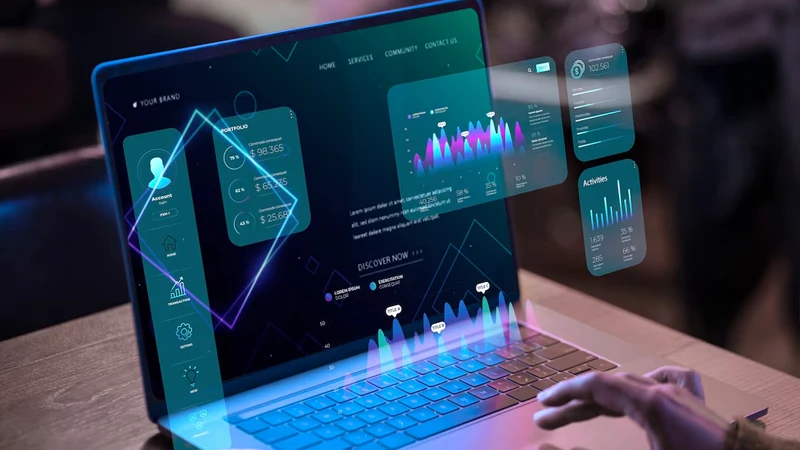7 Ways To Tell Your Social Media Accounts Have Been Hacked

If you’ve ever had the feeling that something wasn’t quite right with your social media accounts, you’re not alone. In fact, 11% of social media users have deleted their accounts due to privacy concerns.
Once we take into consideration how much cyber threats have evolved over the years, it’s vital to learn how to keep our information safe.
So If someone loves this digital sociable platform or regards it warily, knowing what to look for in the feeling that they have been hacked is fundamental.
Let’s dive into seven signs that someone tampering with your accounts will leave behind. Also, learn about Social Media Marketing Strategies in this guide.
Activity You Haven’t Authorized
This is one of the most obvious signs, and it’s proof that there has been a successful cyberattack on an account.
Suspicious activity can include:
- Posts users haven’t made;
- Weird messages they haven’t sent;
- Comments users didn’t make;
- A different bio.
Here’s what one should do if they’re suspicious about the activity on their accounts:
- Check for unfamiliar posts and messages;
- Pay attention to the profile if somebody has changed the information or the settings without the user’s intervention;
- Check out the login activity;
- Find out if the user is accepted to follow people they are not familiar with or weird profiles.
It’s vital that if one finds any of these signs, they report the suspicious activity to the social media support team immediately.
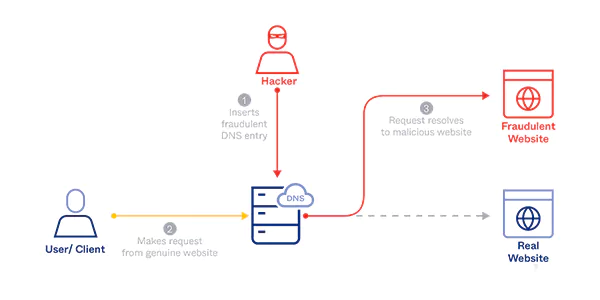
Changes in Your Password or Email Address
If the user suddenly can’t log in to an email account because somebody has changed the password, it’s a major red flag that they need to deal with urgently.
You have probably been the victim of a phishing scam or, simply, a brute force attack, meaning that a hacker has guessed the credentials and gotten into your accounts, proceeding to log you out of them.
To avoid this, consider a VPN application download so the user can hide their online activity and encrypt their connection. Hackers shouldn’t have an easy time bypassing the security protocols.
Unrecognized Devices and Locations
Almost all social media platforms have a feature where users can check the devices and locations where they’re logged in.
If the user normally doesn’t pay attention to it, this can help them In case of an account hack.
If the user notices a device or location they’re not familiar with, the best thing they can do is log out of every device, change the password, and log in once more.
Also, make sure to review these settings to notice suspicious activity right away:
- Enable two-factor authentication to prevent hackers from entering accounts through a password;
- Strengthen your credentials: with special characters and random numbers, or get a password manager to create a secure one for you;
- Read about the new features social media platforms put out to protect privacy.
Did You Know?
Nearly 30 million Facebook accounts were hacked due to data breach in 2018.
Strange Messages
We’ve mentioned this before, but let’s dive into it. If the user’s friends and family call them stating that they’ve received weird messages from their account, act immediately. Someone could be trying to scam people on their behalf.
Start by asking more questions to your friends, and try to determine if they’re being prompted to click on links or buy some supposedly fantastic product. All these can indicate a hacker at work.
If users act quickly, they can recover information and mitigate the repercussions of a compromised account. Be proactive; don’t wait to see if it’s just a fluke.
Weird Apps with Lots of Permissions
Every social media app allows third-party apps to access the account for a lot of different reasons. They could be scheduling posts, using analytics, or even just correcting their documents’ grammar.
Unfortunately, in 2023, over 353 million individuals were affected by data compromises, including data breaches, leakage, and exposure due to these third-party apps.
If the user notices unauthorized apps connected to their ID, or if suddenly an app has a lot more permissions than usual, they could be facing a security breach.
From time to time, revoke access and limit permissions, review the third-party apps that can access your accounts, and delete everything you don’t need.
Losing Followers or Engagement
Yes, keeping an active social media account can be stressful, and sometimes users will lose followers, but there is such a thing as losing too many followers. A hacker might be unfollowing accounts, deleting their content, or posting strange things to drive down the metrics.
Pay attention to analytics and contact support — and followers! — if you want more information.
Remember, a report on cyber security predicted that the cost of cybercrime would reach a massive $9.5 trillion in 2024 and would be more than $10.5 trillion in 2025. It’s better to ask for help in time before a complete hack.
Did You Know?
Social media platforms account for $3.25 Billion of annual revenue from cybercrimes.
Changes in Your Account Settings
Here’s why monitoring your account for changes can pay off if you’re under attack.
No matter if the user has a large audience or if they use social media once every blue moon, hackers can take advantage of anything and everything.
So, here’s what you should be doing:
- Check out your privacy settings. Hackers often manipulate them to access users’ accounts easily once they’ve guessed the password.
They might change things like who can see the posts, put a suspicious link in their bio, or even change profile details, which puts user privacy at risk.
- Beware of the strange notifications. Cybercriminals can also change notification settings so that you don’t realize what’s happening right away.
So, if a user’s phone is alerting of suspicious activity, they might not get notified because they’ve stopped it. From unauthorized access attempts to people DMing you about a weird link, everything they do is aimed at remaining unnoticed.
- Make sure your email address settings are intact. Your account settings aren’t safe from hackers either because they can change email addresses, passwords, or even security questions just to lock the user out and stop them from mitigating the damage done to privacy.
Check them out regularly and undo any modifications that a user doesn’t remember or that they haven’t put there.
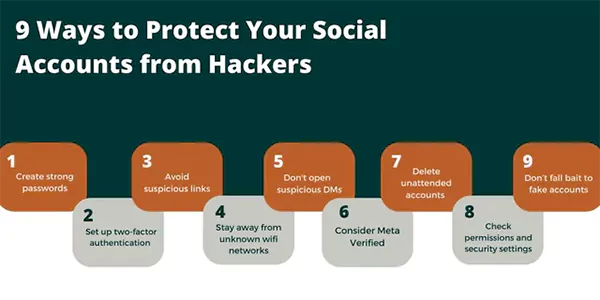
In a nutshell, paying attention to your accounts is always the first layer of protection.
Also, users can invest in cybersecurity software, make up strong passwords, and even enable two-factor authentication. Some cyberattacks can’t be prevented, but most can, and it’s not too hard to manage it.
After all, hackers go for people who aren’t cautious with their safety in the first place. Don’t fall for their tactics.
To Sum Up
In our digital world, it’s vital than ever to keep our social media accounts safe from cybercriminals.
When you know the signs of a compromised ID, and stay vigilant around the platform, it’s a lot easier to act immediately and stop people from stealing information or scamming others.
Be proactive, and don’t be afraid to change anything needed just to lock a hacker out of accounts. If the user is not careful, they can lose their privacy and even money to these cybercriminals.
Stay safe, stay vigilant, and enjoy all the benefits of social media without worries!

